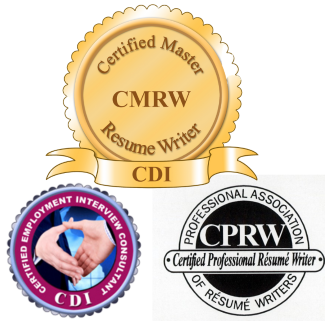Getting an offer is usually the most challenging step in the job-seeking process, especially as a senior-level executive. That said, it’s definitely not the final step. Before you officially take the reins of a high-ranking position, it’s important to review terms of the offer and be aware of what you’re agreeing to when you accept. Here are some basics to keep in mind:
How to respond…
The moment when you get a call or email to say you’re being offered a senior position is an important one. This is your chance to communicate gratitude, as well as to buy time to negotiate. Rather than providing an answer right away, it’s best to ask for the offer in writing (if it hasn’t been provided already) and request time to review it.
What to consider…
Review strategically to evaluate not only the salary, but also the benefits — such as paid time off, insurance, work hours, any educational assistance, etc. You also should review the job details, start date, and the employer to make sure it’s a good fit for you.
When to negotiate…
If it’s your dream job, the terms are fair, and/or the employer tells you it’s a firm offer, take it. If, on the other hand, you know you can’t make the salary and benefits work for you and/or you have a strong case for why you should get a better deal, it makes sense to negotiate. Only do so, however, if you’re prepared to walk away from the offer; that’s what gives you leverage in the conversation.
To learn more about reviewing and negotiating executive job offers, see the infographic below, which offers good tips about accepting (or declining) a position.
Author Bio: Sara Drake is Director of Marketing for Advanced Resources, a talent solutions organization headquartered in Chicago. Drake, who has 15 years of experience in the industry, focuses on talent solutions through staffing, consulting and workforce solutions.

